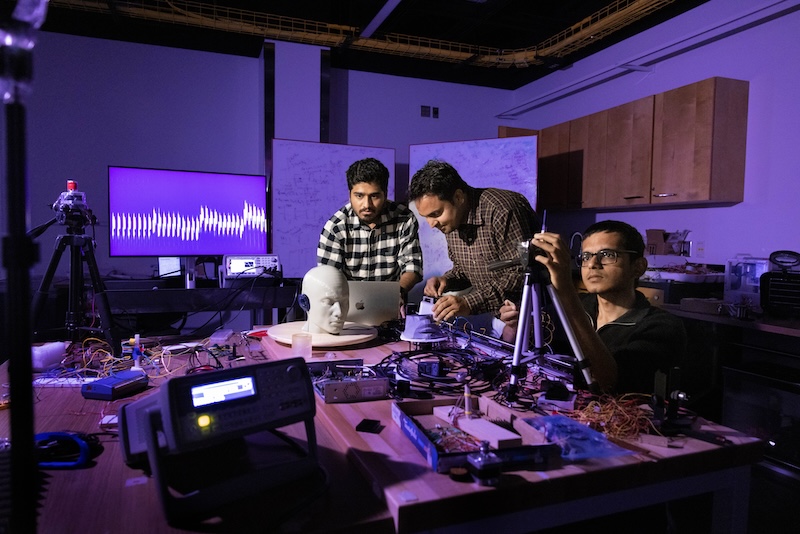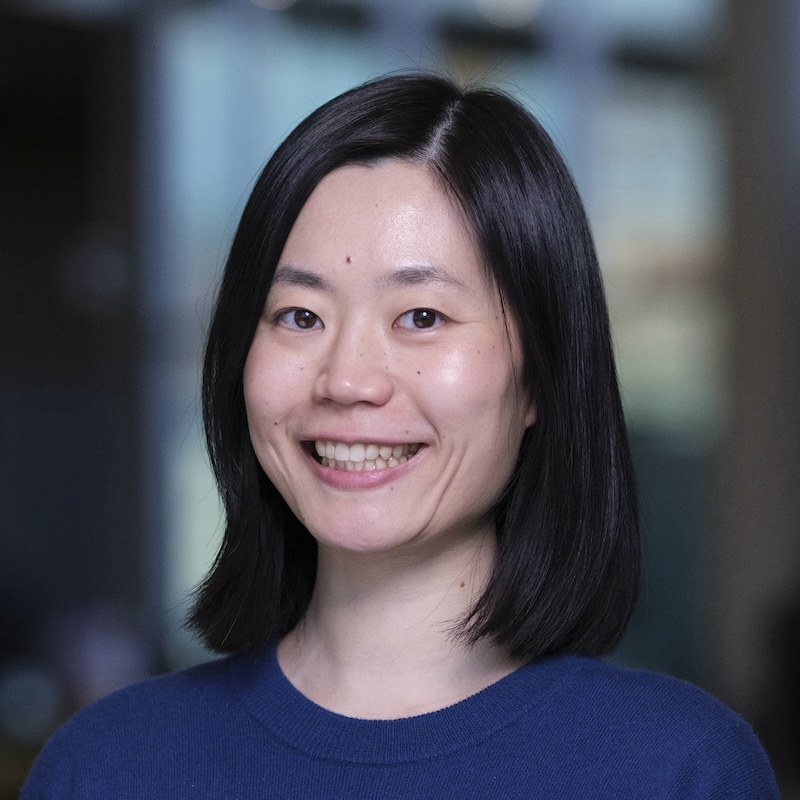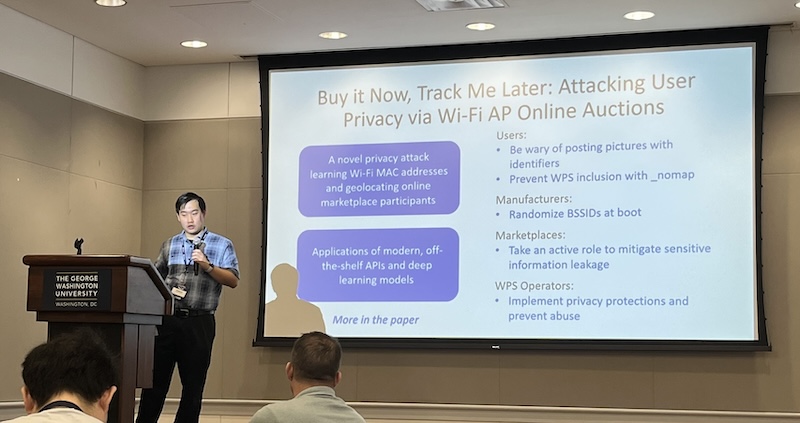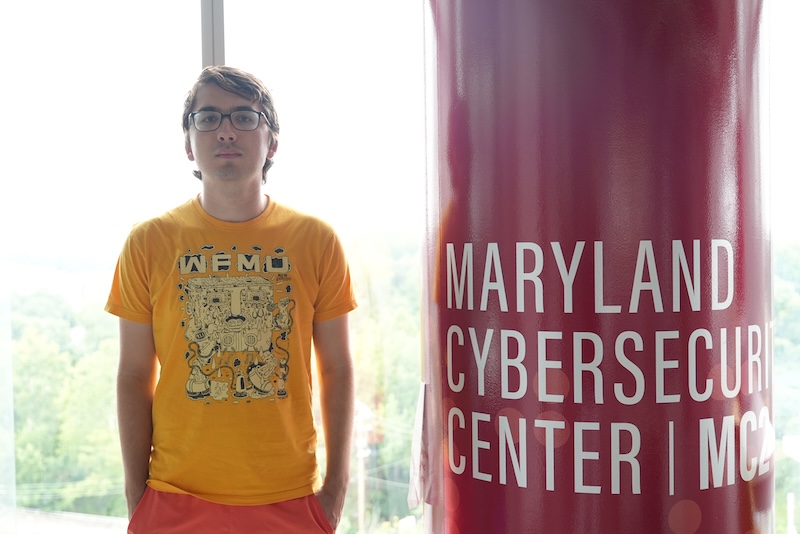News Story
MC2 Graduate Student Co-Advised by Katz and Papamanthou Receives Google Ph.D. Fellowship
A graduate student in the Maryland Cybersecurity Center (MC2) has received an award from Google to continue his work on improving the security of cloud computing.
Yupeng Zhang, a fourth-year doctoral student in electrical and computer engineering, is the recipient of a Google Ph.D. Fellowship in Privacy and Security. The fellowship, launched in 2009, was created to recognize and support outstanding graduate students doing exceptional research in computer science and related disciplines.
Recipients of the fellowship receive tuition support, a yearly stipend, and mentorship from a member of Google.
Zhang, who is amongst 33 doctoral students chosen for the 2017 fellowship, was selected from a competitive pool of students from universities in North America, Europe and the Middle East.
His research involves applied cryptography and security, and is focused on improving security for cloud computing by developing new schemes with better privacy and integrity guarantees.
“The fellowship provides opportunities for me to interact with people in industry, which could help bring my research one step closer to practice,” says Zhang. “It also provides an important opportunity for me to further explore the area of security and cryptography with a lot of flexibility.”
Zhang is co-advised by Jonathan Katz, professor of computer science and director of MC2, and Charalampos (Babis) Papamanthou, an assistant professor of electrical and computer engineering.
Papamanthou says Zhang is highly deserving of the fellowship.
“I am thrilled that Google has recognized Yupeng’s innovative ideas and hard work with such a prestigious fellowship,” he says. “The support will advance his research agenda focused on designing practical protocols for verifiable outsourcing and privacy-preserving machine learning. I am excited about Yupeng’s future and look forward to seeing what ideas he will come up with next.”
MC2 is supported by the College of Computer, Mathematical, and Natural Sciences and the A. James Clark School of Engineering. It is one of 16 centers and labs in the University of Maryland Institute for Advanced Computer Studies (UMIACS).
—Story by Melissa Brachfeld









